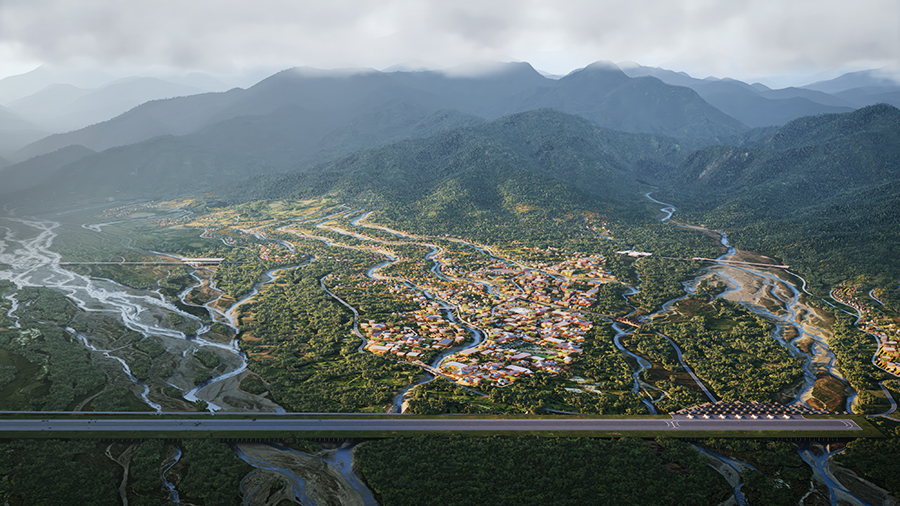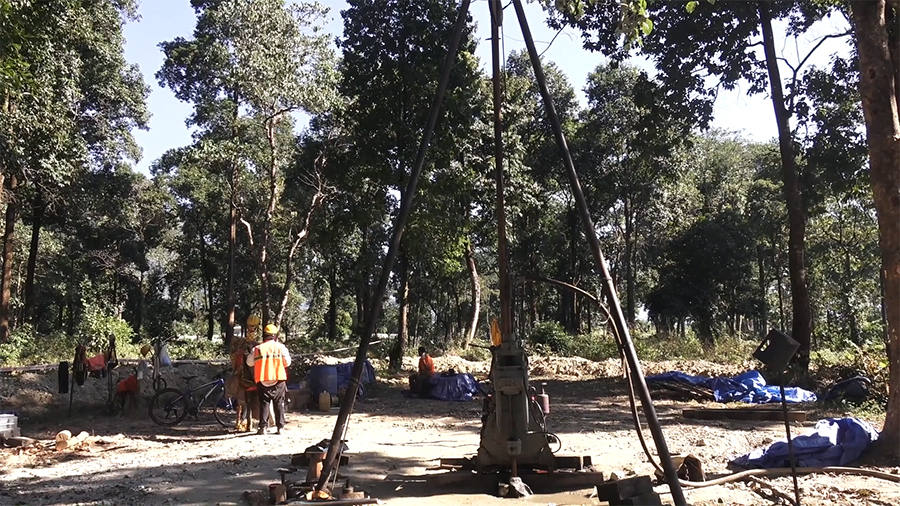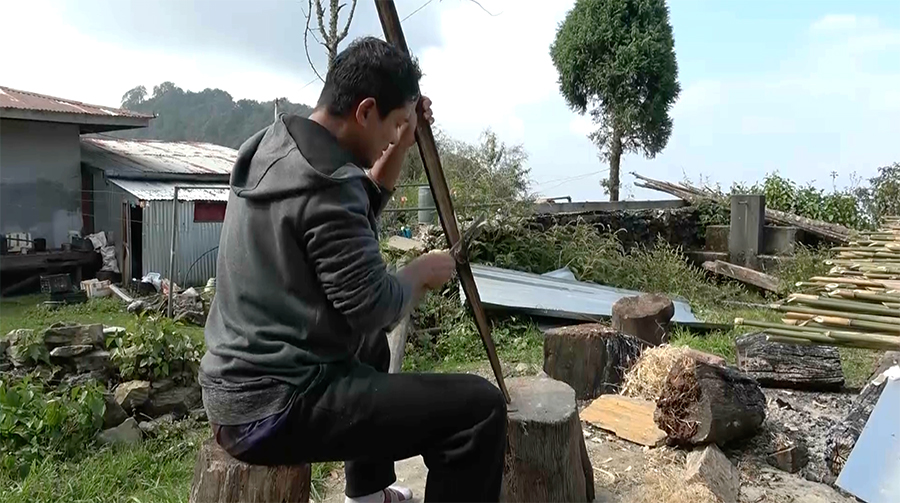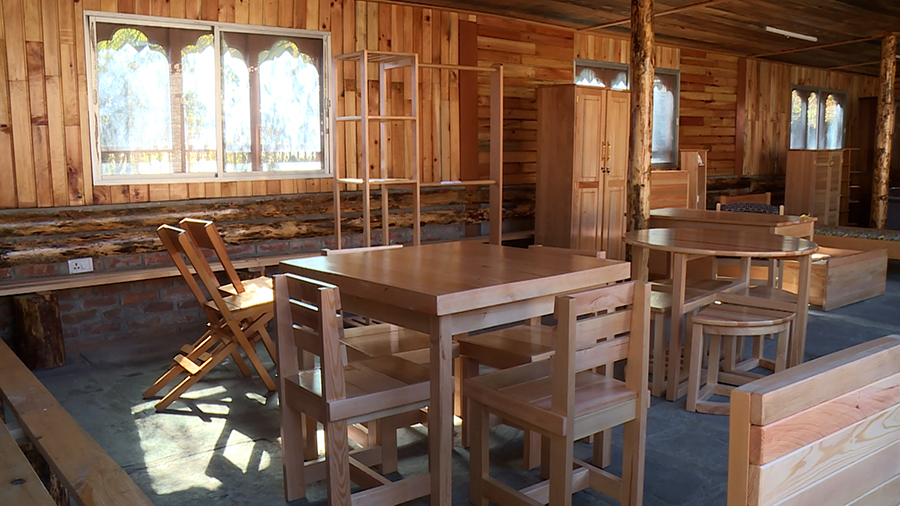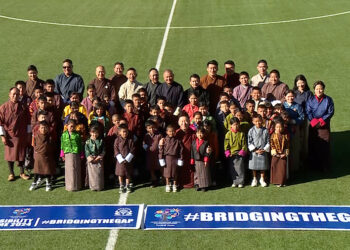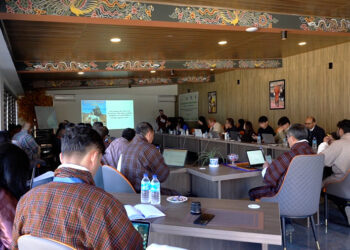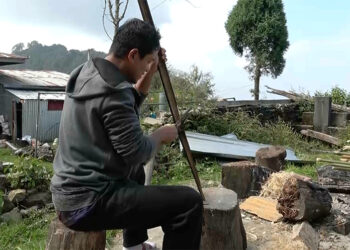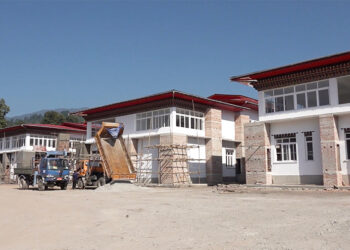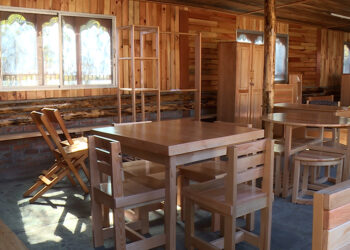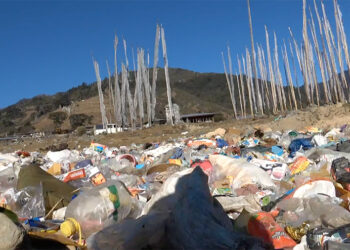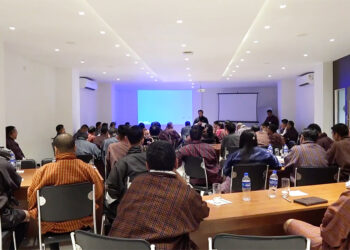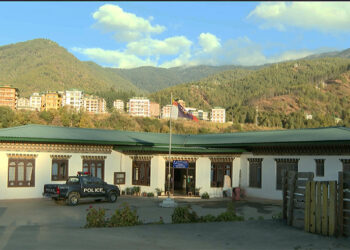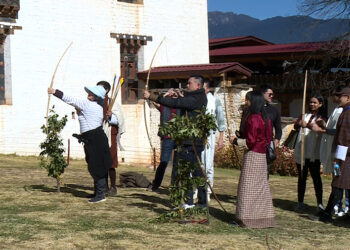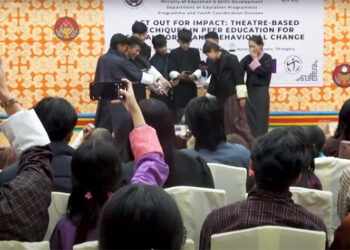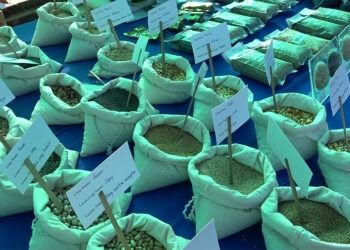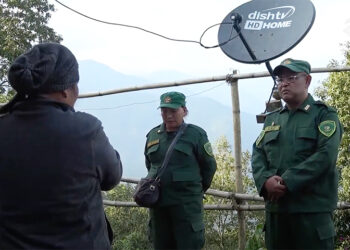Recent Stories
Turning passion into profit: Pema Gatshel man crafts future for traditional archery
In Pema Gatshel’s Shumar Gewog, the sound of bamboo being carved into bows and arrows echoes a story of tradition...
NRDCL shifts to locally sourced timber, making furniture more affordable
Producing furniture using locally sourced wood has not only helped the Wood Craft Centre stop rubberwood import but also made...
Bhutan to build landmark international airport in Gelephu by 2029
During the 117th National Day celebrations at Changlimithang, His Majesty The King announced that Bhutan's priority for the next five...
New landfill to address mounting waste issue in Sakteng
Sakteng in Trashigang, which once boasted of rich, untouched wilderness, is now facing an increasing concern about waste management. The...
WASH FIT Programme sees success, local leaders urge more inclusive facilities
Sanitation and hygiene in healthcare centres have seen significant improvements nationwide in recent years according to local leaders and health...
Public construction quality still lags – RAA Annual Report
The Royal Audit Authority's latest annual report reveals persistent quality issues in public construction, with 139 cases of poor work...
Politics
RCSC defends PME category, proposes targeted support for civil servants
The Royal Civil Service Commission (RCSC) indicated that it is exploring alternative support measures for civil servants classified under the...
Popular
-
Thimphu Police investigate death of man in suspected burglary
-
Six individuals sentenced to upto nine years in sexual abuse cases of minors
-
Elon Musk’s Starlink satellite internet service reaches Bhutan
-
Four + one model to raise funds for Gelephu Mindfulness City
-
Bitdeer’s 500MW Jigmeling facility to be operational mid-to-late 2025
Recent News
Over 200 international guests arrive in Bhutan for 117th National Day celebrations
The Changlimithang Stadium will host more than 200 international guests tomorrow. The guests have arrived in the country to celebrate the 117th National Day. Some of them hiked to Druk Wangditse Lhakhang and visited the Kuenselphodrang in Thimphu today to experience Bhutanese culture and tradition. At the Druk Wangditse Lhakhang, the guests received blessings and participated in Bhutanese games. Some...
Theatre techniques bring new dimensions to advocacy programmes
To enhance the impact of advocacy programmes, 30 members of the Youth Peer Education Network (Y-PEER) from colleges across the country completed a five-day training on theatre-based drama in Thimphu. The Ministry of Education and Skills Development, in collaboration with the United Nations Population Fund, introduced theatre-based techniques by moving away from the traditional awareness methods. The training concluded on...
Over 1,000 rare seed samples collected for conservation at Biodiversity Fair
More than a thousand seed samples were collected and taken to the National Biodiversity Centre or NBC as a part of the 10th Biodiversity Fair held in Tsirang yesterday. The seeds are considered unique and rare in the country. They will now be conserved in the centre’s gene bank in Thimphu for sustainable use. At the fair, farmers from ten...
Forest fire advocacy in Tsirang
Bhutan loses acres of forest and countless wildlife to devastating forest fires each year. To address this, the Tsirang Forest Division organised a three-day door-to-door advocacy and awareness campaign in four gewogs. The campaign focused on educating people about how forest fires impact livelihoods and what steps they can take to prevent them. The initiative also served as a preparatory...
Recent News
- Over 45 students join AFC Social responsibility Programme in Thimphu
- Paro hosts conference on climate solutions for Himalayas
- Four + one model to raise funds for Gelephu Mindfulness City
- Geotechnical survey underway for Gelephu International Airport
- Turning passion into profit: Pema Gatshel man crafts future for traditional archery
News Category
- Accidents
- Agriculture
- Announcement
- Business
- Crime/Legal
- Culture
- Development
- Disaster
- Economy
- Education
- Entertainment
- Environment
- Featured
- Festival
- GMC
- Headlines
- Health
- Legal
- Literature
- Livestock
- Media
- Other Stories
- Politics
- Recent stories
- Religion
- Sci/Tech
- Social
- Sports
- Technology
- Tourism
- Uncategorized
- Video
- Video Story
- Wildlife
© 2024 BBSCL. All rights reserved.



